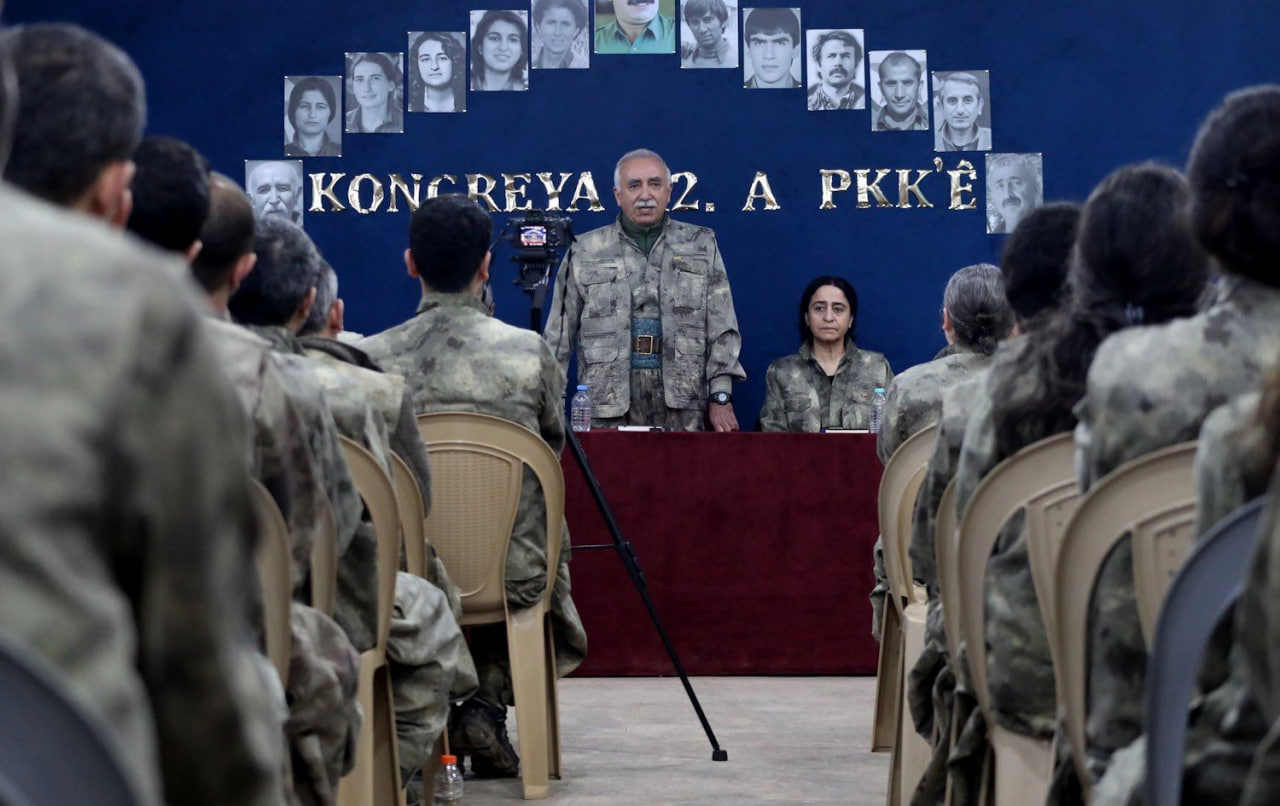Monday 12 May 2025 – 12:30
https://english.iswnews.com/?p=37848

Recent reports from Iraqi and Turkish media indicate that the leadership of the Kurdistan Workers’ Party (PKK) has made a significant decision to dissolve the party, end the armed conflict, and lay down its weapons.
The PKK’s leadership issued resolutions following meetings held between May 5 and 7, which prominently included the announcement that “the Kurdistan Workers’ Party officially declares its dissolution, the end of the armed conflict, and the laying down of arms.”
In their resolutions, the party stated, “We believe that Kurdish political parties will fulfill their duties and responsibilities to develop Kurdish democracy. We will call for the strengthening of Kurdish-Turkish brotherhood.”
Notably, Abdullah Ocalan, the founder of the PKK, issued a statement on February 27, urging PKK forces to lay down their weapons. Following his request, the PKK announced a ceasefire with Turkey just two days later.
History and Activities of the Kurdistan Workers’ Party
The Kurdistan Workers’ Party (PKK) was established in 1978 under the leadership of Abdullah Ocalan. The PKK has been recognized as one of the primary Kurdish armed groups in the region, with the declared goal of achieving greater rights for the Kurdish community in Turkey. The party resorted to armed struggle against the Turkish government in the 1980s.
Abdullah Ocalan was arrested in 1999 and imprisoned on Imrali Island; however, even after his arrest, the PKK continued to play a significant role in developments across Turkish Kurdistan, northern Iraq, and even parts of the Syrian conflict.
Various affiliated groups, including the YPG and PJAK, operate in neighboring countries, further complicating regional interactions regarding the Kurdish issue. The PKK has been designated as a terrorist organization by Iran, the United States, the United Kingdom, Canada, the European Union, and several other countries. According to international organizations, clashes between PKK elements and the Turkish army resulted in the deaths of more than 7,000 soldiers and civilians between 2015 and 2025.